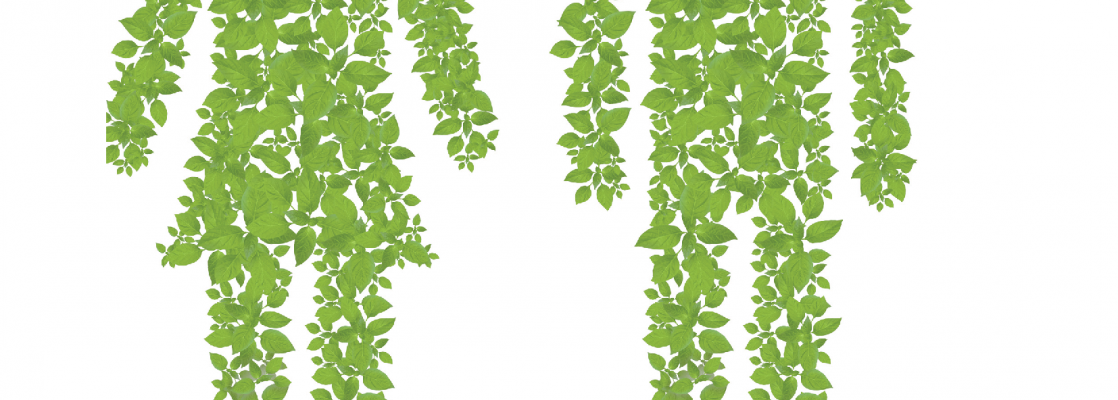BACKGROUND AND CONTEXT
Women make significant contributions to the economy through their role as entrepreneurs, on-farm workers, employees, or through unpaid care work at home. Female farmers play a vital role in African agriculture, doing most of the work to produce, process, and market food. For instance, women produce 60-80 percent of the world’s food and in comparison, to men, face the burden of unpaid work, time elasticity, poor access to agricultural inputs as well as lower wages compared to their male counterparts. To better address their priorities and challenges, there is an urgent need to strengthen the voice and visibility of African women in the agricultural sciences.
An appreciation of gender issues cannot be overemphasized in the consideration of strategies to improve Africa’s AR4D through private-sector engagement. It is important to note that the engagement of unique groups of actors in the value chains is hampered by the constraints these groups face. Women in particular are underrepresented, unacknowledged, and under-resourced concerning their involvement in specific value chains. Similarly, female participation in agricultural research and higher education has been particularly low in Africa and currently stands at 24% (ASTI, 2009).
This gap does not only hinder women’s productivity but also reduces their contributions to the agricultural sector and the achievement of broader economic and social development goals (FAO, 2011). These gender-related bottlenecks to effective involvement in agriculture have an impact on enterprise development, the productivity of both men and women, and national competitiveness in Africa.
It is against this backdrop that the Forum for Agricultural Research in Africa (FARA), working with the Sub Regional Research Organisations (ASARECA, CCARDESA, CORAF, and NAASRO), the National Agricultural Research Systems (NARS), African Forum for Agricultural Advisory Services (AFAAS), the African Women in Agricultural Development (AWARD) and the International Food and Policy Research (IFPRI), convened a Food System Summit (FSS) independent dialogue on Gender- Responsive Investments in Africa’s Agriculture for Inclusive Food Systems. One outcome of this dialogue is a policy brief that will be communicated to the FSS through its Science Group.
The dialogue was structured into one webinar and an online discussion before and after the webinars. The webinar was held on 4th May 2021 and was devoted to stimulating discussion that would identify key game-changing gender-responsive solutions needed to strengthen African Agricultural Research and Development towards improved food systems in Africa.
“Gender Investments” towards the 2021 UN Food System Summit
© FARA Africa
The Forum for Agricultural Research in Africa (FARA) is the apex continental organization responsible for coordinating and advocating for agricultural research for development (AR4D). FARA serves as the technical arm of the Africa Union Commission on matters concerning agriculture science, technology and innovation.
Available downloads
INCREASE GENDER-RESPONSIVE INVESTMENTS IN AFRICA’S AGRICULTURE FOR INCLUSIVE FOOD SYSTEMS


